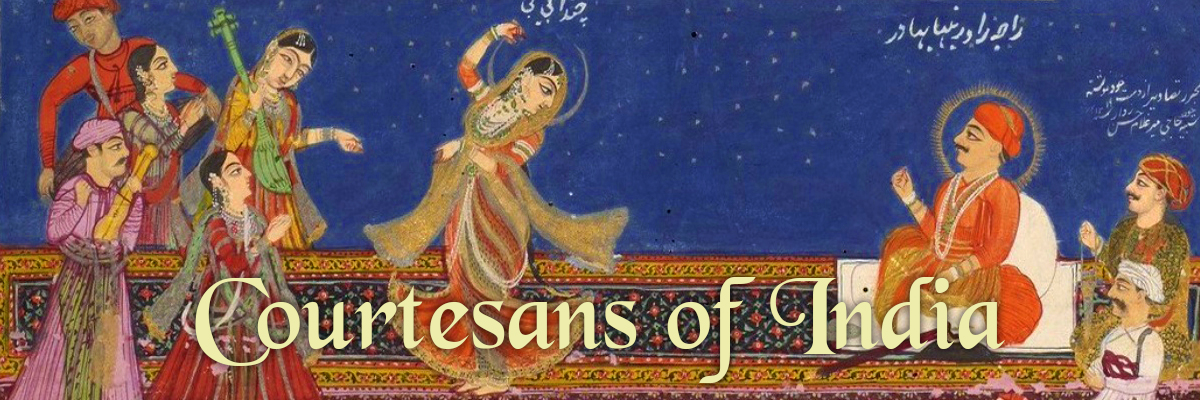From the abstract: “In the past 70 years, certain kinds of Indian dance have been read as classical or aspirational, especially when performed by or associated with Hindu/high-caste people and in cosmopolitan spaces like Chennai or San Francisco. Inversely, certain dancers and dance techniques associated with those who stand apart from caste or religious status are dismissed as poor in quality, and not worthy of emulation. In this article, I examine how such logic operates through South Indian (Telugu) cinema, tourism, and transnational capitalist flows, and how it relies upon reductive and exclusionary notions of gender, caste, identity, and affect. In doing so, I consider how the same media, which validates and fetishizes certain gendered notions of the body, simultaneously offers new possibilities for challenging casteist and misogynistic hegemonies. Relying on queer and critical transnational feminist theory, in this article I explore how the fetishization of the low-caste courtesan dancer –a symbol for generations of South Indian expressive culture – has ultimately produced a site of resistance.”
Centering Devadasis and Tawaifs
